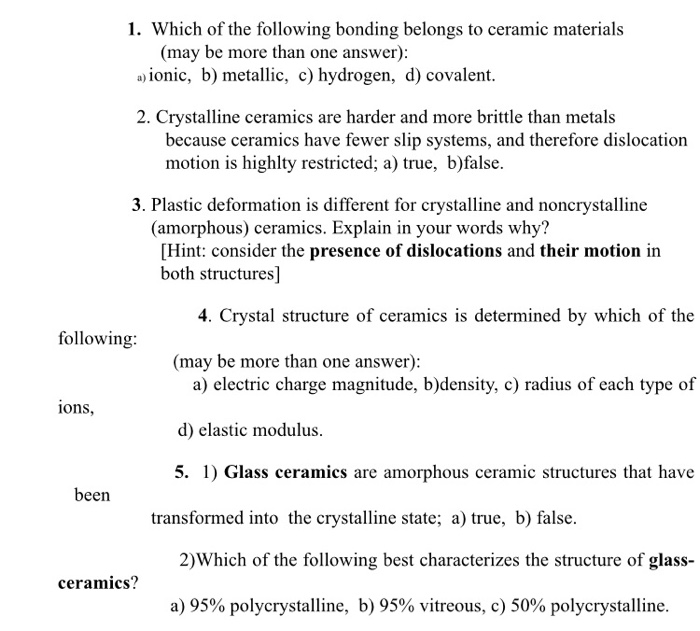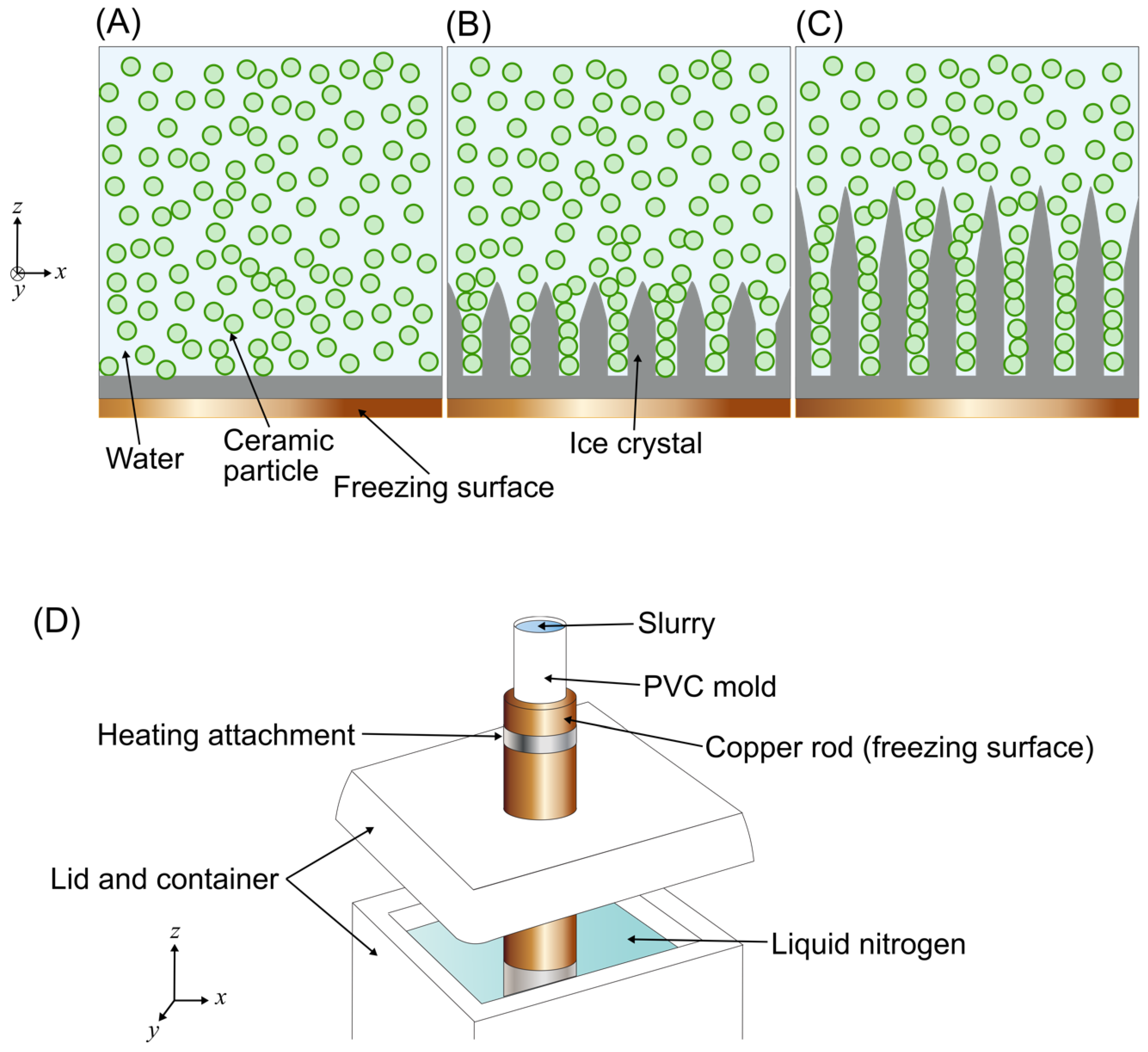Explain Why Ceramics Tend To Be Strong But Brittle

Due to ceramic materials wide range of properties they are used for a multitude of applications.
Explain why ceramics tend to be strong but brittle. For ceramics this type of transition occurs at much higher temperatures than for metals. Plates tend to break if dropped onto the floor. Ceramics hard brittle materials. Ceramics are hard and strong but brittle.
The impact energy needed for fracture drops suddenly over a relatively narrow temperature range temperature of the ductile to brittle transition. That is why generally speaking metals are ductile and ceramics are brittle. This explains why ceramics are both hard and brittle. Polymers are strong and tough and often flexible.
Ionic bonds are very strong and require a relatively large. Ceramics tend to be weak in tension but strong in compression. As we ve already seen not all ceramics behave this way. The discrepancy between tensile and compressive strengths is in part due to the brittle nature of ceramics.
They withstand chemical erosion that occurs in other materials subjected to acidic or caustic environments. The ductile to brittle transition can be measured by impact testing. Like bricks it is hard and strong but also brittle. A ceramic material is an inorganic non metallic often crystalline oxide nitride or carbide material.
Ceramics tend to be strong but brittle because of the ionic bonding present between the metal and non metal components of the material. Some elements such as carbon or silicon may be considered ceramics ceramic materials are brittle hard strong in compression and weak in shearing and tension. Graphite is soft because it s made of layers of carbon atoms that will slide and shear that s why a graphite pencil leaves lines on paper. So why are ceramics brittle.
Hard wear resistant brittle refractory thermal insulators. Take a look at the following video showing schematically how a crack in a metal becomes a blunted crack and a void which can effectively stop the. Ceramic materials are inorganic non metallic materials made from compounds of a metal and a non metal. When subjected to a tensile load ceramics unlike metals are unable to yield and relieve the stress.
The reason is that metals can slide along slip planes to break the crack up. Diamond is hard because it has a much more rigid crystalline structure.















































